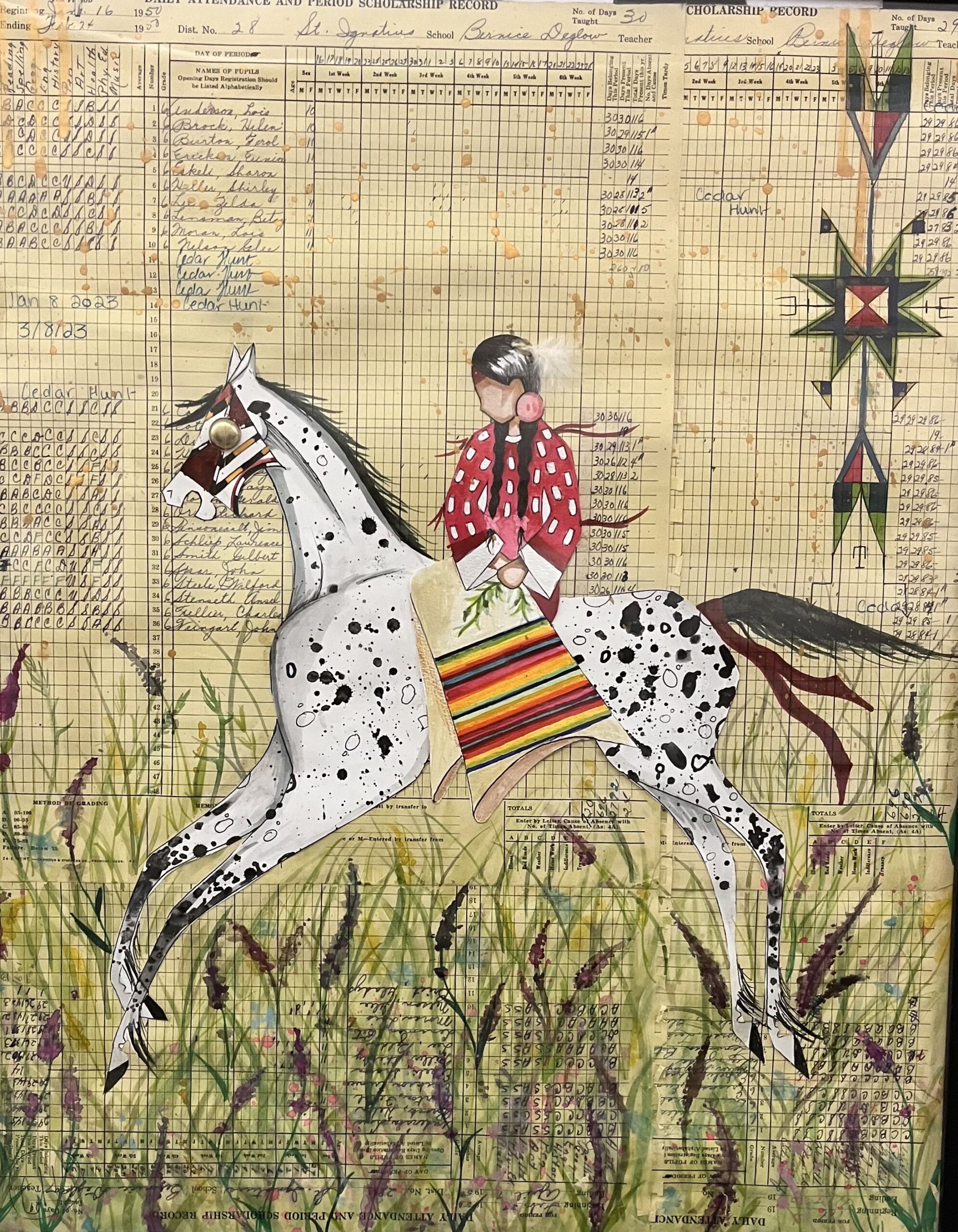The U.S. Capitol Historical Society will host an in-person and virtual symposium tomorrow, Thursday, May 23, to commemorate the 100th anniversary of the Indian Citizenship Act—or “Snyder Act”—that granted Native Americans U.S. citizenship and voting rights.

The symposium will feature several of the world’s leading scholars and authors of Native American history, culture, and politics who will engage in lively conversations about the broader, and complicated, issues of Indian citizenship, both historical and modern.The event is presented by Wells Fargo in partnership with the Chickasaw Nation and McGuire Woods.
The symposium will take place from 9:30 am-2:00 pm in the Kennedy Caucus Room, Russell Senate Office Building. Remote attendees can tune in virtually.
Throughout the day, three panels will discuss modern sovereignty and evolving nation-to-nation relations, suffarage, activism and legal battles. Panelists include John Echohawk, Executive Director of the Native American Rights Fund; Elizabeth Hidalgo Reese, Yunpoví (Tewa: Willow Flower), Assistant Professor of Law, Stanford Law School; The Honorable Bryan Newland, Assistant Secretary of the Interior for Indian Affairs; and Larry Wright, Jr., Executive Director of the National Congress of American Indians.
“Native Americans have had an immeasurable role in shaping the history of North America and that of the United States,” said U.S. Capitol Historical Society President and CEO, Jane L. Campbell. “Our symposium seeks to honor that legacy by commemorating one of Congress’ most significant acts: granting Native Americans U.S. citizenship and the right to vote. Our panel of experts will provide much needed nuance to this important but complicated subject; one that we hope gives our audience a greater appreciation for the nations that preceded the United States, exist alongside it, and the people who continue to enrich their cultures today.”
The event is free, open to the public, and offers in-person attendees a free boxed lunch. Registration is required. Those interested can register HERE.
More Stories Like This
NCAI Passes Two Emergency Resolutions on Immigration Enforcement ActivitiesChickasaw Lighthorse Police Officer named Indian Country Law Enforcement Officer of the Year
Indian Gaming Association Rallies Broad Coalition Against Sports Event Contracts It Calls Illegal Threat to Tribal Sovereignty
Navajo Resources and Development Committee Issues Notice on Livestock Inspection Requirements
American Prairie, Tribal Coalition Files Protest Over Rescinded Grazing Rights
Help us defend tribal sovereignty.
At Native News Online, our mission is rooted in telling the stories that strengthen sovereignty and uplift Indigenous voices — not just at year’s end, but every single day.
Because of your generosity last year, we were able to keep our reporters on the ground in tribal communities, at national gatherings and in the halls of Congress — covering the issues that matter most to Indian Country: sovereignty, culture, education, health and economic opportunity.
That support sustained us through a tough year in 2025. Now, as we look to the year ahead, we need your help right now to ensure warrior journalism remains strong — reporting that defends tribal sovereignty, amplifies Native truth, and holds power accountable.
 The stakes couldn't be higher. Your support keeps Native voices heard, Native stories told and Native sovereignty defended.
The stakes couldn't be higher. Your support keeps Native voices heard, Native stories told and Native sovereignty defended.
Stand with Warrior Journalism today.
Levi Rickert (Potawatomi), Editor & Publisher


